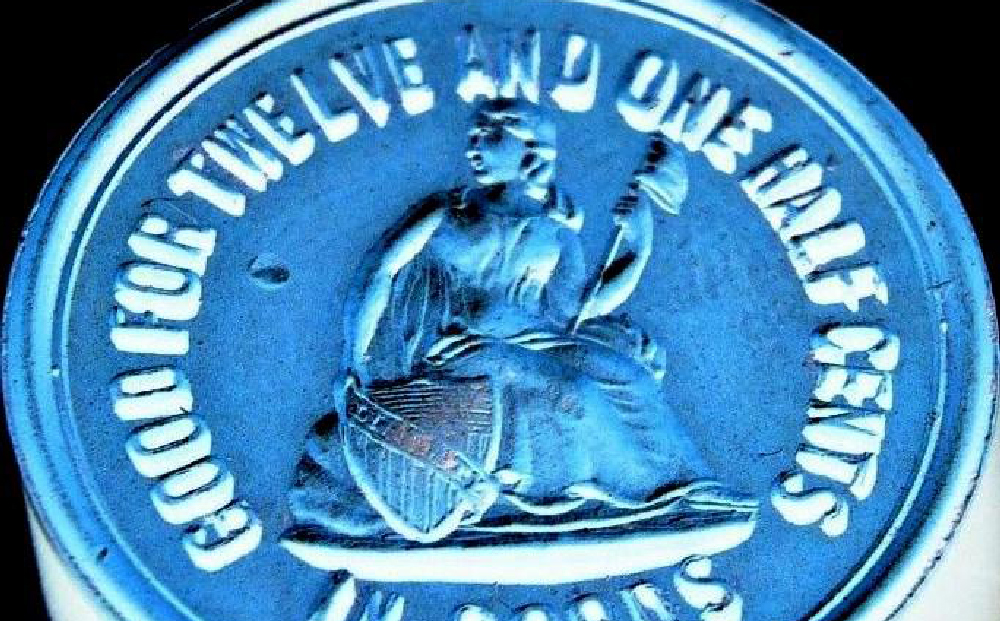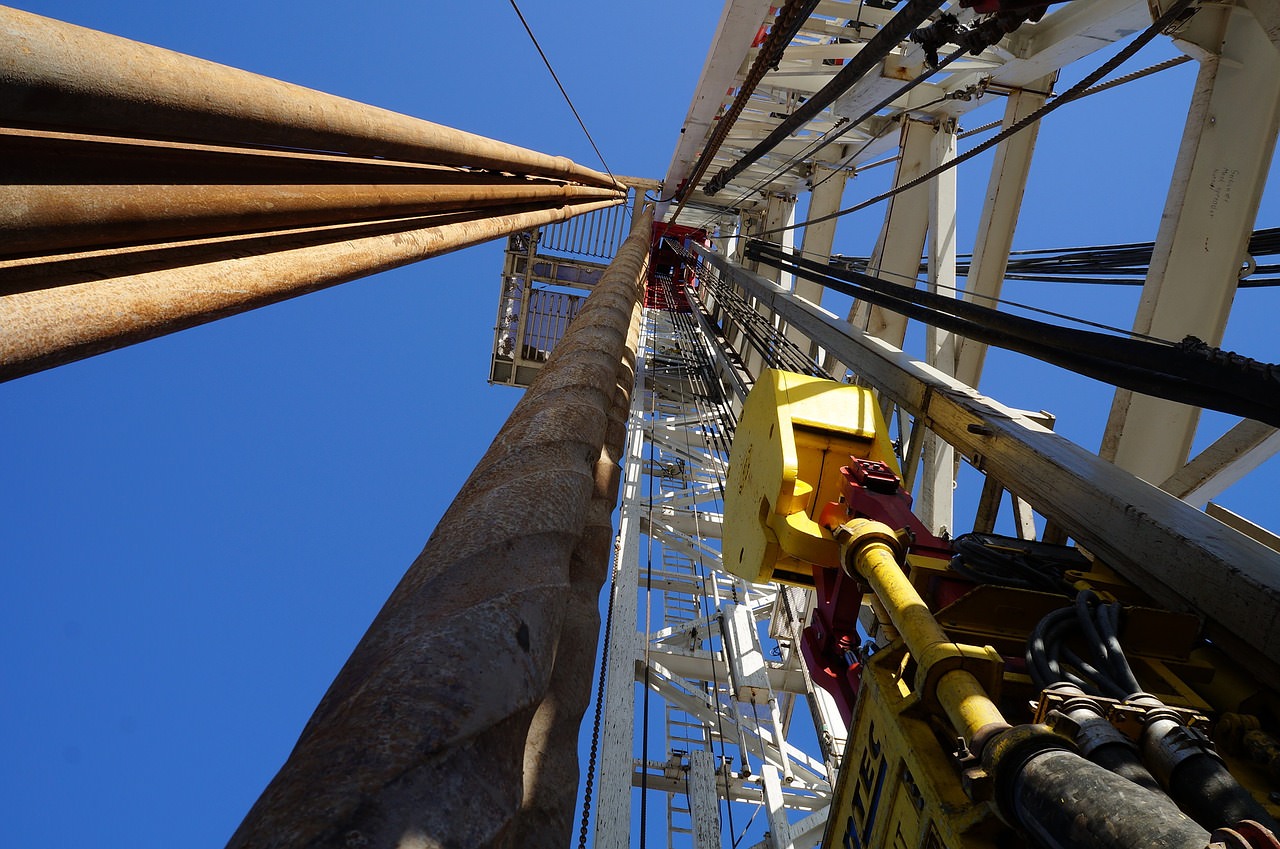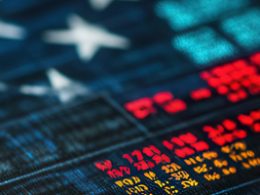What if Walter White was played by Matthew Broderick and not Bryan Cranston? What if Phil Jackson sent Kobe Bryant to the Pistons for Grant Hill? What if free agent Tim Duncan signed with the Magic in 2000? It’s safe to say that Breaking Bad would not have won 110 Emmy awards without Bryan Cranston, and the Spurs and Lakers would not have won a combined eight championships from 2000-2010 without Kobe or Duncan.
I’m always fascinated when stories come out about how close something was to happening. The financial version of this occurred over fifty years ago in New Bedford, Massachusetts. What if Warren Buffett took one final puff of Berkshire Hathaway and then threw it in the gutter as he originally intended to?
According to Berkshire’s accountants, the business was worth $22 million, or $19.46 a share. So despite nine consecutive years of losses, with a wide margin of safety, on December 12, 1962, Warren Buffett bought two thousand shares of Berkshire Hathaway for $7.50, paying a $20 commission to Tweedy, Browne. Here is how it went down, from Alice Schroeder’s wonderful, The Snowball.
Seabury Stanton responded to Buffett’s purchases as though a takeover threat was imminent, and made several tender offers for the stock. This was exactly what Buffett wanted, for his purchases were predicated on the theory that, eventually, Seabury would buy him out. He wanted the stock not to keep it but to sell it….’We’ll probably have a tender one of these days, at what price would you sell at, Mr. Buffett?’ or words to that effect. The stock was selling at something like $9 or $10 a share. ‘I said I’d sell at $11.50 a share on a tender offer, if they had one. And he said, ‘Well, will you promise me that if we have a tender offer you’ll tender?’ I said, ‘Well, you know, if it’s in the reasonably near future, but not if it’s twenty years from now.’ But I said, ‘Fine.’…So I went home, and not too long after, a letter comes from the Old Colony Trust Company, which was part of First National of Boston, offering $11 3/8 per share to anyone who would tender their Berkshire. That was 12 1/2 cents less per share than agreed….
This ripped him up. He decided that instead of selling, he was going to buy. Only Berkshire didn’t have any more puffs in it and eventually the textile manufacturer was shut down. The name however, would stick as Buffett’s conduit, and today at $370B, Berkshire Hathaway is the eighth largest company in the United States.
One of the tricky things about studying market history is that what looks inevitable to us now was uncertain to every single investor at the time. For example, the NASDAQ grew 24% a year from 1991-1996 and was obviously on an unsustainable path. But it would be nearly 1,200 days before tech stocks would finish their ascent, and in that time they exploded another 256%.
Now we know that the crash of 1987 didn’t lead to a recession. Now we know that several rounds of quantitative easing didn’t lead to inflation. And now we know, at all-time highs, that every single decline in the stock market was a gift to long-term investors. But no prior regime can prepare us for what lies ahead. We’ll never know what would have happened if Stanton honored his agreement to purchase Berkshire at $11.50. A ripple in the ocean can cause a tidal wave fifty years later.
Copyright © The Irrelevant Investor













